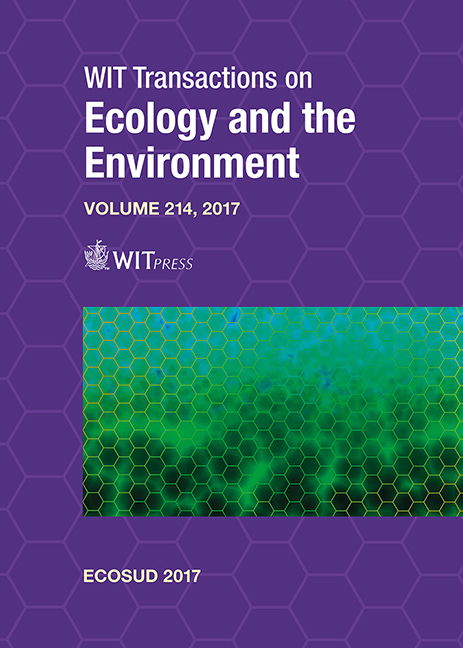TOWARDS THE SUSTAINABLE CITY: A MODEL TO TRANSFORM THE INFORMAL INTO FORMAL
Price
Free (open access)
Transaction
Volume
214
Pages
13
Page Range
21 - 33
Published
2017
Size
658 kb
Paper DOI
10.2495/ECO170031
Copyright
WIT Press
Author(s)
MIGUEL AMADO, INÊS RAMALHETE, JOÃO C. FREITAS, ANTÓNIO AMADO, ANA A. SILVA
Abstract
Urban regeneration has been viewed as a path to a more sustainable city. In contrast with developed countries, where urban regeneration is seen as a renewal and adjustment to new trends, in developing countries it presents an opportunity to start from scratch. Aside from the pressing social-economic issues, several authors identify critical aspects in these informal settlements, these including: they are usually the only viable solution to transform the lives of the poorest in a meaningful and cost-effective way; and improvised solutions are within context and can use local resources and thus promote a more sustainable outcome. Thus, cities in developing countries can become a paradigm for urban development. This paper develops and discusses research on urban regeneration for developing countries based on the transformation of the informal into formal, within the framework of the sustainable city. A model to enable this transformation is presented. This model is designed at several scales, from policy to the actual physical transformation of the urban environment, creating a sequential process from concept to the implementation. The methodology combines a theoretical and empirical approach through the analysis of case studies and practical implementation. Public and private sector roles and actions are clearly defined and their physical results presented. Resulting urban options and the principles within the framework of the sustainable city as an inclusive “metabolism” based on social-economic and environment factors are discussed. The model is currently being implemented in the Oé-Cusse Region, in East-Timor, through a neighbourhood scale plan.
Keywords
developing countries, informal settlements, sustainable city, urban regeneration





